about us
Founded by Kell Kiker, Kiker Construction & Development transforms houses into homes and revitalizes communities. Trusted for our dedication and craftsmanship, were committed to excellence in every project.
Delivering exceptional construction and development services, Kiker Construction & Development is dedicated to transforming homeowners visions into reality with reliability and unparalleled quality.
GET A FREE QUOTE

GET A FREE QUOTE
100% local
4+ years experience
INSURED
FULLY Licensed
Founded by Kell Kiker, Kiker Construction & Development transforms houses into homes and revitalizes communities. Trusted for our dedication and craftsmanship, were committed to excellence in every project.
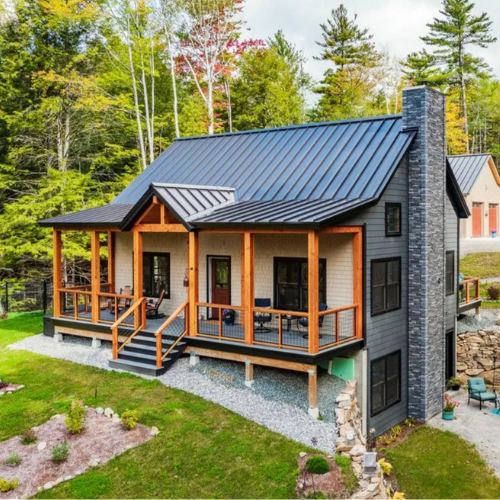
WHAT WE ARE BEST AT
Transform your dream home from vision to reality with our New Construction Residential service. Our expert team ensures seamless execution, from groundbreaking to final touches, tailoring every detail to your preferences for a truly custom living space.
Elevate your business with our New Construction Commercial services. From concept to completion, we ensure every project is built to the highest standards, tailored to your unique needs. Lets build your future together.
Transform your space with our Residential and Commercial Remodel services. From modernizing kitchens to revamping office spaces, our expert team brings your vision to life with quality craftsmanship and personalized designs. Elevate your propertys value and functionality today.
Elevate your property with our premium Steel Buildings, tailored for durability, versatility, and efficiency. Perfect for any application, from commercial warehouses to personal garages, our steel buildings are designed to meet your specific needs, ensuring long-lasting performance and value.
Transform your property with our custom Pole Barns service. Ideal for agricultural, storage, or workshop needs, our durable and versatile pole barns offer a cost-effective solution. Expertly designed to meet your specific requirements, we ensure a quick, efficient build process. Elevate your space today.
Transform your kitchen into the heart of your home with our expert kitchen remodeling services. From modern upgrades to classic redesigns, we make your dream kitchen a reality. Enhance functionality, improve aesthetics, and increase your homes value. Lets create a space where memories are made and shared.
Transform your space into a reflection of your style with our Interior Design services. Our team of experts brings creativity, functionality, and personality to every project, ensuring your home not only looks stunning but also aligns with your lifestyle. From modern minimalism to cozy traditional, we tailor each design to fit your unique taste and needs.
Elevate your propertys potential with our Site Development services. From initial land assessment to final landscaping touches, we ensure a seamless transition for your project, adhering to environmental standards and maximizing land use efficiency.
Transform your outdoor space with our professional grading services. Ensure proper drainage and prevent water damage with expert land leveling and slope adjustment. Ideal for landscaping, construction projects, and enhancing yard functionality. Trust us to create the perfect foundation for your outdoor dreams.
Our process is simple and only contains a few simple steps
SEE WHY OUR CUSTOMERS LOVE US
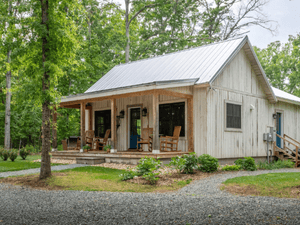
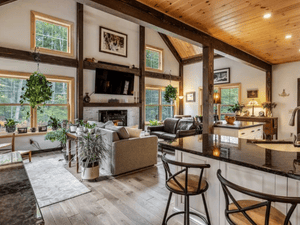
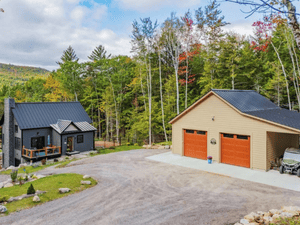
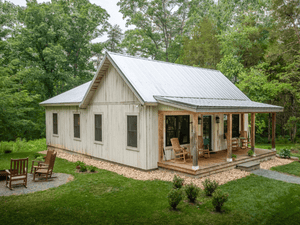
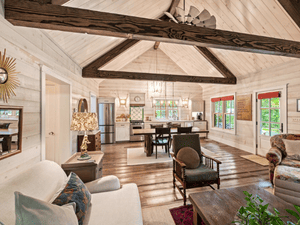
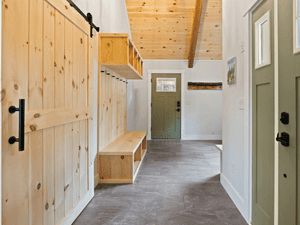
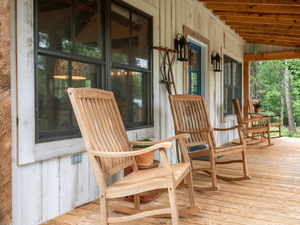
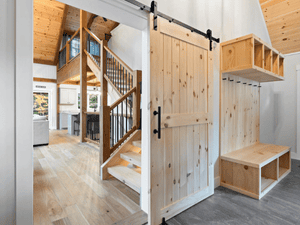
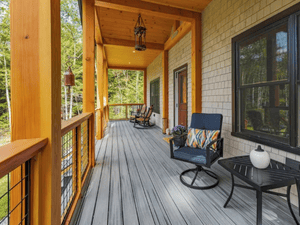
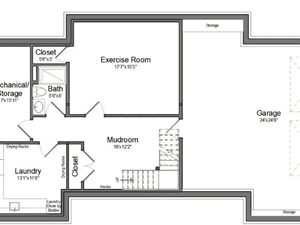









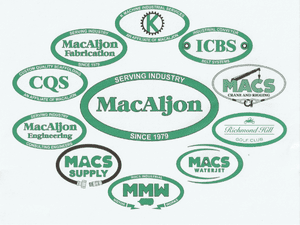
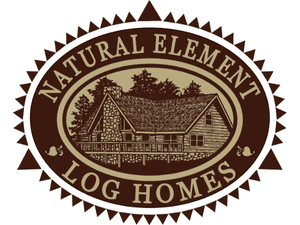


DISCOVER WHAT OUR CUSTOMERS HAVE TO SAY ABOUT US
REVIEW US ON GOOGLE
Absolutely, we can provide references from past clients. Additionally, you can read the reviews and testimonials from our satisfied customers on our website. If you would like to speak with specific past clients, we can provide their contact information upon request.
At Kiker Construction & Development, we distinguish ourselves through meticulous attention to detail, a dedication to quality, and a personalized approach. We prioritize client communication to seamlessly bring their vision to life.
No, Kiker Construction & Development offers complimentary estimates to all prospective clients.
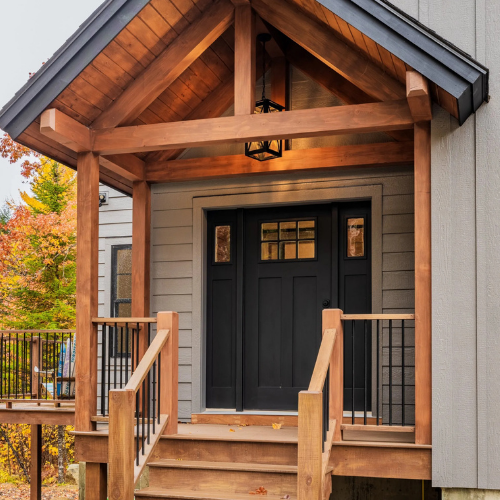
Ellijay
Jasper
Ball Ground
Talking Rock
Cherry Log
Blue Ridge
Morganton
Hinton
Tate
Nelson
Waleska
Sharptop
whitestone
Mccaysville